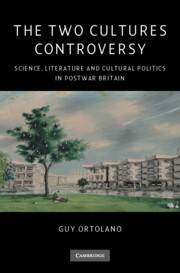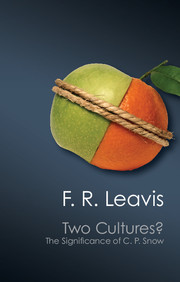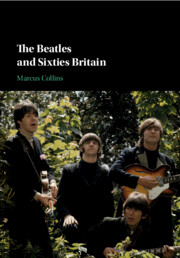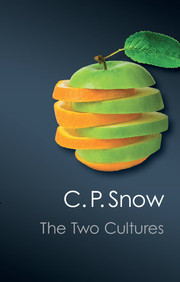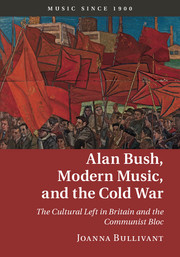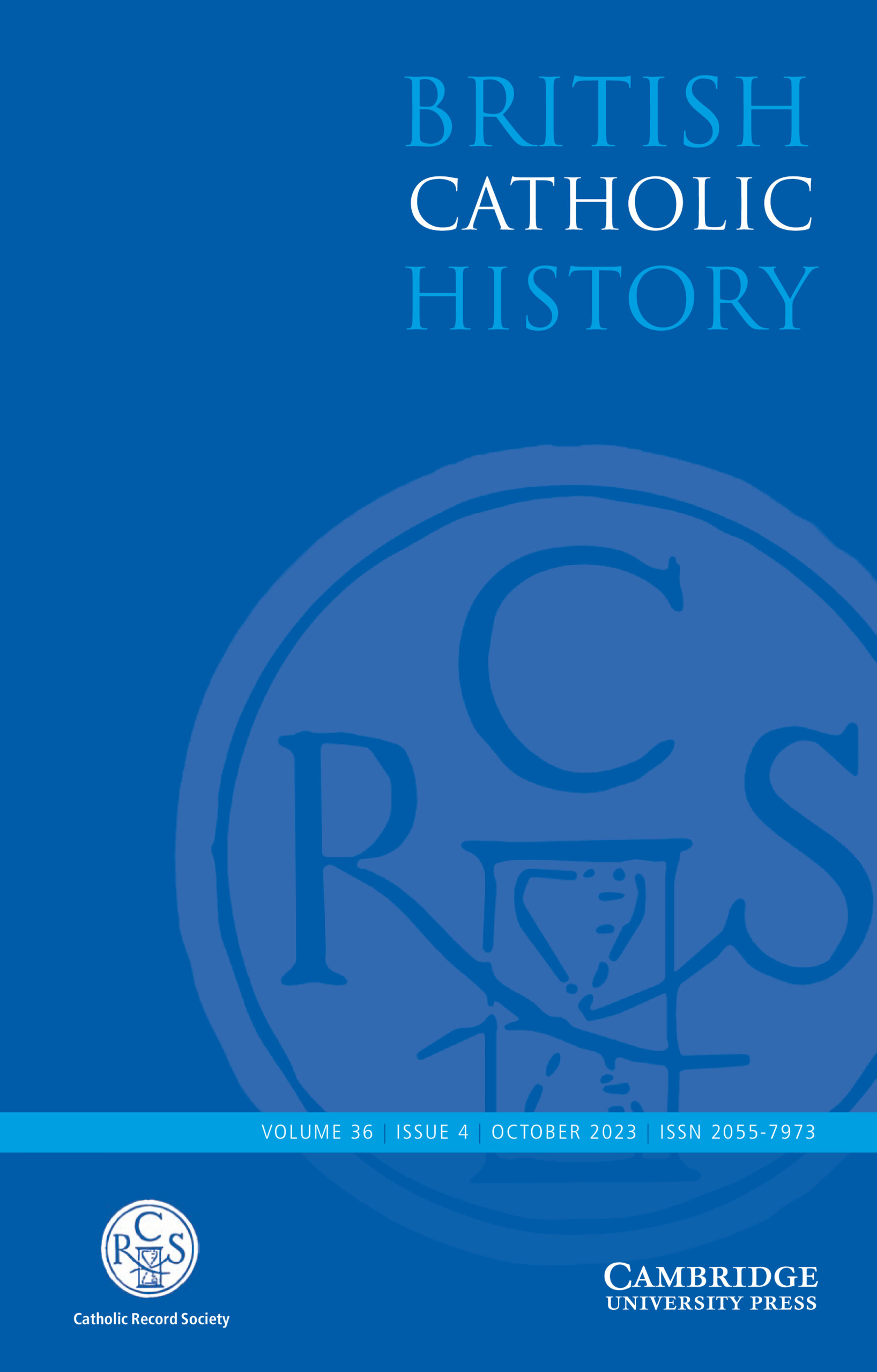The Two Cultures Controversy
Science, Literature and Cultural Politics in Postwar Britain
$122.00 (C)
- Author: Guy Ortolano, New York University
- Date Published: February 2009
- availability: Available
- format: Hardback
- isbn: 9780521892049
$
122.00
(C)
Hardback
Other available formats:
Paperback
Looking for an examination copy?
This title is not currently available for examination. However, if you are interested in the title for your course we can consider offering an examination copy. To register your interest please contact [email protected] providing details of the course you are teaching.
-
Ever since the scientist-turned-novelist C. P. Snow clashed with literary critic F. R. Leavis in the early 1960s, it has been a commonplace to lament that intellectual life is divided between 'two cultures', the arts and sciences. Yet why did a topic that had long been discussed inspire such ferocious controversy at this particular moment? This book answers that question by recasting this dispute as an ideological conflict between competing visions of Britain's past, present, and future. It then connects the controversy to simultaneous arguments about the mission of the university, the methodology of social history, the reasons for 'national decline', and the fate of the former empire. By excavating the political stakes of the 'two cultures' controversy, this book explains the workings of cultural politics during the 1960s more generally, while also revising the meaning of a term that continues to be evoked to this day.
Read more- Offers original interpretations of the 'two cultures' controversy and the historical tradition discussing the arts and sciences
- Extensive research in archival collections, several of which have only recently become accessible to scholars
- Provides a rich and engaging portrait of postwar British cultural and intellectual life
Awards
- Runner-up of the Royal Historical Society Whitfield Prize 2009
Reviews & endorsements
"The Two Cultures Controversy provides a full and persuasive account of Snow’s public roles during his years of fame and a thoughtful exploration of the ramifications of the debate surrounding his celebrated lecture. On these grounds, it will be of considerable value to cultural, educational and political historians of the period, as well as of interest to a wider readership curious about the origins and continuing significance of a famous phrase." -Stefan Collini, Twentieth Century British History
See more reviews"This is an exceptionally thoughtful, and thought-provoking, work from which (truly) every modern British historian will learn something fresh and useful." -- Peter Mandler, H-Net Reviews
"An excellent piece of work . . . Ortolano gives us widescreen, wrap-around cultural history of postwar Britain." -- John Toye, Economic History Review
"Guy Ortolano has provided us with a detailed and insightful study . . . [He] shows . . . how we can use the Two Cultures to understand the wider ideological and social currents to which it was intimately related: liberalism, declinism, meritocracy, and technocracy." - Waqar Zaidi, Journal of British Studies
"As I read further and further into this text, I could ever more readily hear and feel, even smell, a Britain now largely gone. . . . Ortolano has captured an important lost moment - even a last moment - in the rise and fall of a Britain dominated by a narrow educational and social ruling stratum." -- David Coates, American Historical Review
"[A] very important work on a key topic of twentieth-century British history." Frank A.J.L. James, British Journal for the History of Science
"Ortolano has brought [Snow and Leavis] splendidly back to life ... At the same time, thoroughly and imaginatively discussed here, the debate and its ramifications raise issues important for Britain and elsewhere for the second half of the 20th century and beyond. Highly recommended." Peter Stansky, Choice
"In this deeply researched and closely argued book, Guy Ortolano ... helps explain why what began as a rather modest Cambridge lecture became the focus of some of the sharpest and most significant debates of the postwar era." - Bruce J. Hunt, British Scholar
"This is a book that will be of value to anyone interested in the history of modern Britain, and it announces the arrival of a very significant historian indeed." - William Whyte, English Historical Review
"Marked by careful research, sensitive analysis, and a good mixture of empathy and criticism in its approach toward its subjects, Ortolano's work should be read by anyone who is interested in the famous controversy (or other seemingly similar episodes)." -- Daniel Ussishkin, Journal of Modern History
Customer reviews
Not yet reviewed
Be the first to review
Review was not posted due to profanity
×Product details
- Date Published: February 2009
- format: Hardback
- isbn: 9780521892049
- length: 308 pages
- dimensions: 235 x 160 x 21 mm
- weight: 0.63kg
- availability: Available
Table of Contents
Introduction
1. C. P. Snow and the technocratic liberalism
2. F. R. Leavis and the radical liberalism
3. A tale of two colleges
4. The making of English social history
5. The rise of national 'decline'
6. Post-colonial developments
7. The eclipse of the meritocratic moment
Conclusion.
Sorry, this resource is locked
Please register or sign in to request access. If you are having problems accessing these resources please email [email protected]
Register Sign in» Proceed
You are now leaving the Cambridge University Press website. Your eBook purchase and download will be completed by our partner www.ebooks.com. Please see the permission section of the www.ebooks.com catalogue page for details of the print & copy limits on our eBooks.
Continue ×Are you sure you want to delete your account?
This cannot be undone.
Thank you for your feedback which will help us improve our service.
If you requested a response, we will make sure to get back to you shortly.
×
